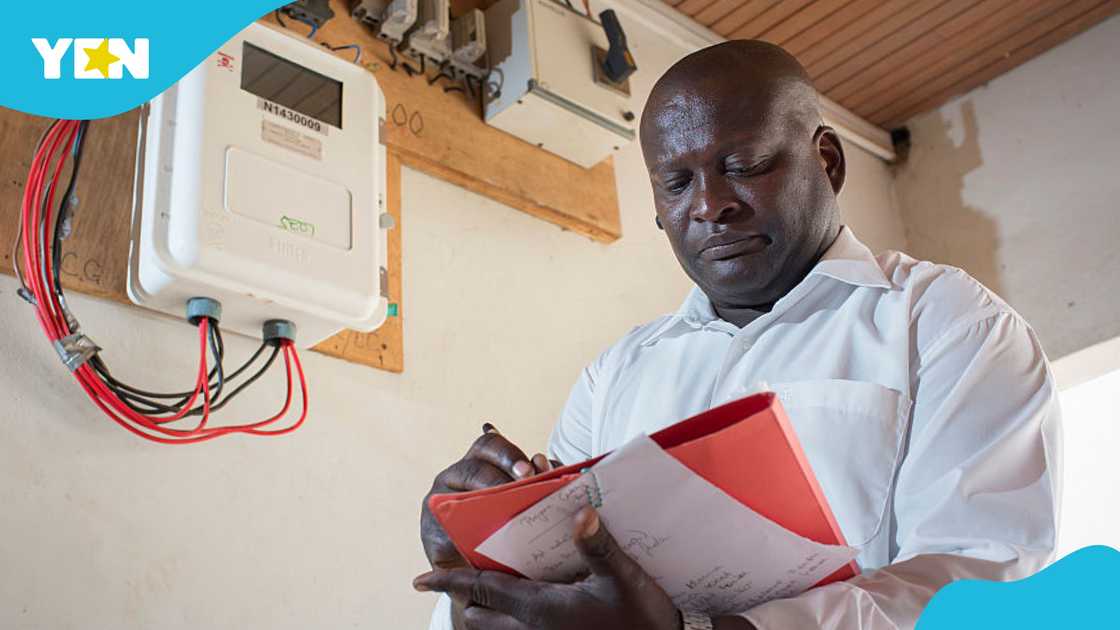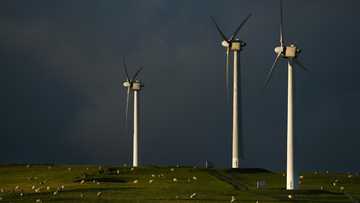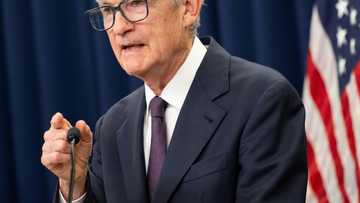Electricity Tariffs to Go Up Again From July 1, PURC Releases Details of Increase
- The Public Utilities Regulatory Commission once again increased electricity tariffs for all categories of consumers
- In a statement, the Public Utilities Regulatory Commission said it considered key economic variables for the review
- Water tariffs were, however, maintained in the Public Utilities Regulatory Commission review
Don't miss out! Get your daily dose of sports news straight to your phone. Join YEN's Sports News channel on WhatsApp now!
The Public Utilities Regulatory Commission has raised electricity tariffs for all categories of consumers by 2.45%, effective July 1, 2025.
This increase in tariffs came during the commission's quarterly review.

Source: Getty Images
In a statement, the commission said it considered key economic variables including the cedi-to-dollar exchange rate, inflation, natural gas prices, and the electricity generation mix between hydro and thermal sources.
According to the commission, these factors significantly impact the cost of delivering utility services and must be reviewed regularly to sustain the financial health of service providers.
Water tariffs remain the same
All water rates across residential, non-residential, commercial, industrial, and institutional categories will remain unchanged.
The commission explained that this is part of efforts to ease the burden on consumers while maintaining quality service.
It assured that it was committed to monitoring the performance of regulated service providers and ensuring accountability to regulatory standards.
The Public Utilities Regulatory Commission last adjusted electricity and water tariffs upwards in May.
Electricity tariffs increased by an average of 14.75%, while water tariffs went up by 4.02% that time around.
An applied economist, Alfred Appiah, was critical of the most recent hike, relative to past benchmarks set by the government.
In comments on the increase, Appiah reminded that in the 2025 budget, the government committed to maintaining quarterly tariff adjustments based on changes in inflation, exchange rates, and the generation mix.
"These are the criteria that have guided quarterly tariff adjustments under the IMF program. Based on those criteria and the performance of the relevant indicators, tariffs should have decreased, not increased."
"The government also pledged to conduct a major tariff review in the last quarter of the year. That review was intended to account for capacity charges and the cost of liquid fuels. However, there is no indication that this major review has taken place. Yet the PURC has modified the quarterly adjustment formula to include these additional factors, leading to a tariff increase rather than a decrease."
Ongoing ECG revenue mobilisation exercise
The Electricity Company of Ghana launched a Nationwide Revenue Mobilisation exercise which began on June 16.
It is focusing on all categories of customers with arrears. These come under residential, commercial, industrial and Ministries, Departments and Agencies.
The exercise is being monitored by special teams looking to apprehend and prosecute customers who attempt to interfere with the exercise.

Source: Getty Images
Customers with arrears were advised to pay their bills to avoid disconnection and payment of reconnection fees.
This has been necessary because of the losses the Electricity Company of Ghana consistently suffers.
For example, the Electricity Company of Ghana uncovered illegal electricity supply to over 400 homes at Rehoboth Estate in Kweiman.
ECG disconnects Ghana Water over debt
YEN.com.gh reported that the Electricity Company of Ghana disconnected the Ghana Water Company Limited from the national power grid
Ghana Water Company Limited is said to owe the Electricity Company of Ghana GH¢1 billion.
The Electricity Company of Ghana also disconnected the Ghana Broadcasting Corporation over a GH¢3 million debt.
Proofreading by Samuel Gitonga, copy editor at YEN.com.gh.
Source: YEN.com.gh




